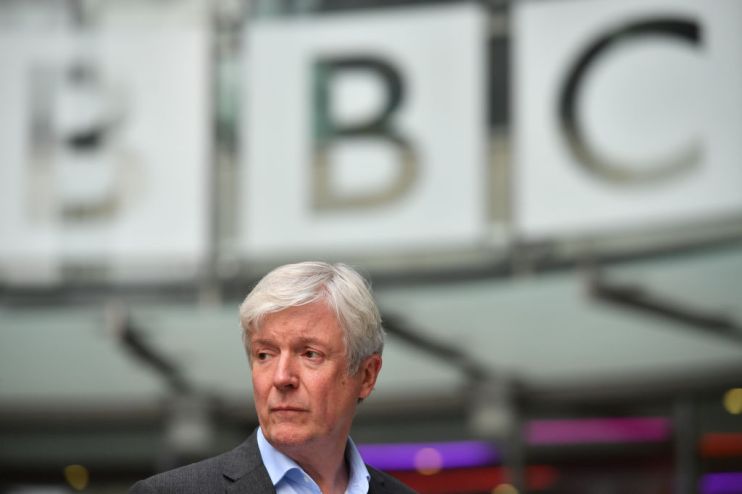MPs to grill BBC executives amid questions over broadcaster’s future

Top BBC executives are set to be hauled in front of MPs to face a grilling over their plans for the future as the broadcaster attempts to stave off a string of crises.
Outgoing director general Lord Tony Hall and chairman Sir David Clementi will both give evidence to the Digital, Culture, Media and Sport (DCMS) Committee next week, as well as director of policy Clare Sumner.
It will be the first hearing called by the DCMS Committee, which was officially formed this morning under chair Julian Knight, who is a vocal critic of the licence fee.
The committee said its decision to grill top brass followed a number of recent developments at the BBC, including plans to slash 450 jobs, a government consultation into non-payment of the licence fee and questions over equal pay.
“The BBC has made headlines for the wrong reasons in recent months,” Knight said in a statement. “Unprecedented changes in how we watch and listen mean the broadcaster faces a fight for its future.”
He added that the committee was concerned about the corporation’s preparations for dealing with these challenges, especially following Hall’s decision to step down early.
It is the latest blow for embattled bosses at Broadcasting House, as the government ramps up its rhetoric against the broadcaster.
Senior aides to the prime minister last month told the Sunday Times they were “not bluffing” about plans to scrap the licence fee and make viewers pay a subscription.
The BBC has warned that such a move would cost it £200m per year and damage its ability to deliver public service programming.
However, in an apparent easing of tensions, health secretary Matt Hancock this morning appeared on Radio 4’s Today programming to discuss the coronavirus outbreak — ending Downing Street’s boycott of the flagship political show.
Nevertheless, the BBC is still battling to reverse a decline in viewing figures among younger audiences amid a rise in streaming services such as Netflix.
The job cuts, which come alongside plans to cut back some of its news output, form part of the BBC’s efforts to save £80m by 2022.
“The BBC plays an important role for the country at home and abroad, it is the bedrock of our world beating creative industries, and reaches millions of people every day,” a BBC spokesperson said. “The public back it and they will undoubtedly have their own views about the future.”